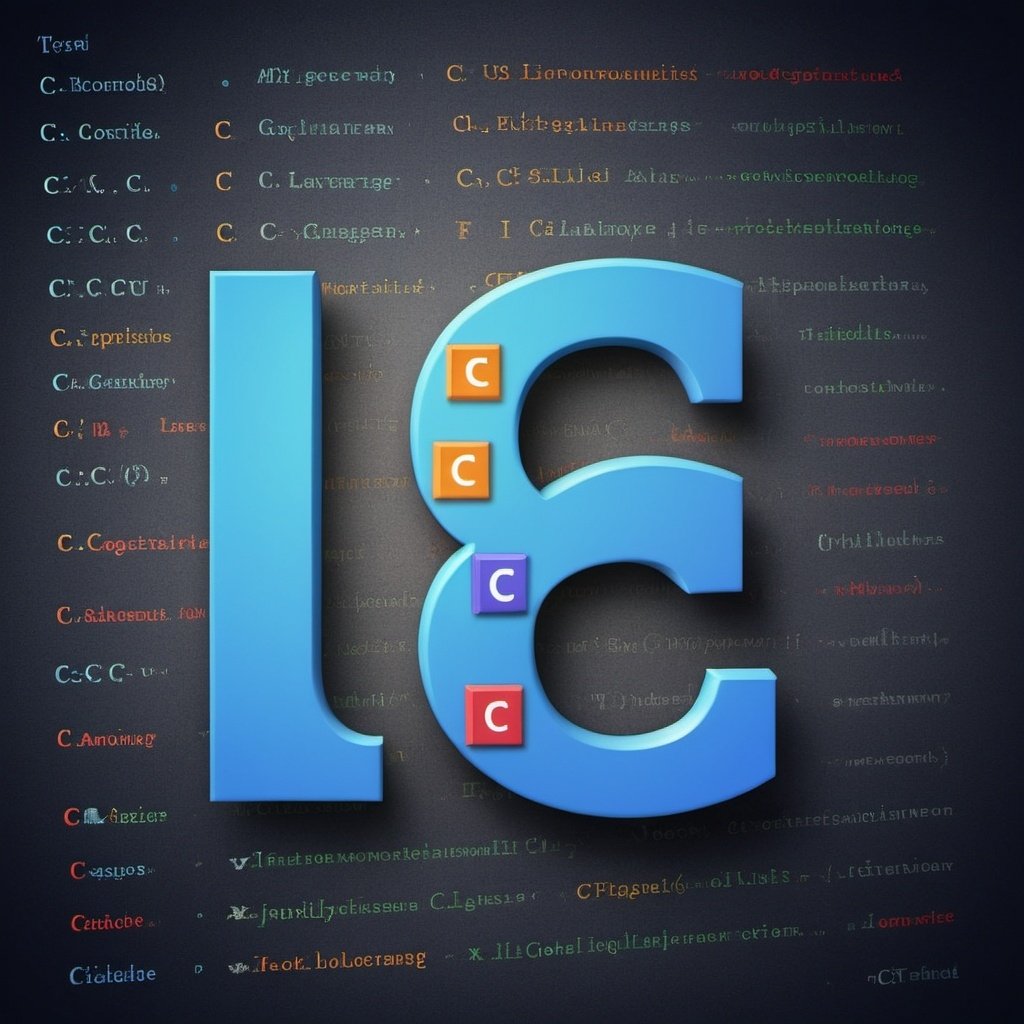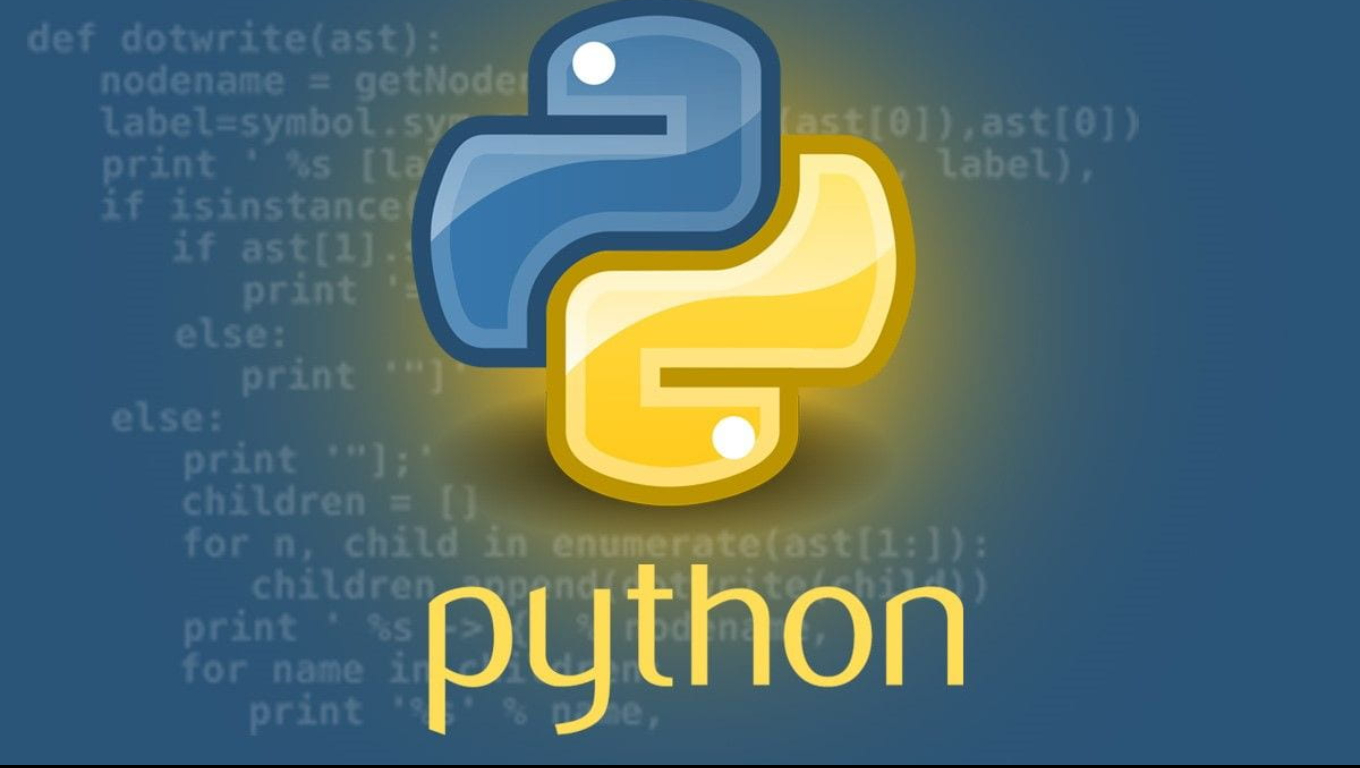In the dance of code,
where bits and bytes collide,
C lays the groundwork, simple yet wide.
C++ builds castles with objects and class,
A legacy of logic, both firm and vast.
In the vast realm of computer programming, C and C++ hold a venerable place, akin to the roots of a grand, ever-growing tree of technology. They are the bedrock upon which many modern languages and systems are built. Both languages share a lineage, yet they diverge in philosophy and capabilities, embodying the transition from procedural to object-oriented programming paradigms.
C, created by Dennis Ritchie in 1972 at Bell Labs, is a procedural programming language that became the cornerstone of many operating systems, including UNIX. It is renowned for its performance and close-to-hardware capabilities, providing programmers with fine-grained control over system resources. C’s syntax and structure have influenced many subsequent languages, making it a fundamental learning step for aspiring programmers.
C++ emerged a decade later, conceived by Bjarne Stroustrup as an extension of C to incorporate object-oriented features. It combines the efficiency and control of C with powerful abstraction mechanisms, enabling more complex and scalable software development. C++ introduced classes, inheritance, polymorphism, and other constructs that revolutionized software engineering, fostering the development of more reusable and maintainable code.
These two languages, despite their common ancestry, have distinct philosophies. C emphasizes direct manipulation of hardware and system resources, making it ideal for system programming and embedded systems. In contrast, C++ facilitates higher-level abstractions and is suited for developing large-scale applications like games, real-time simulations, and enterprise software.
In this exploration, we delve deeper into the nuances of C and C++, highlighting their similarities and differences. We will examine their syntax, features, use cases, and performance aspects, providing a comprehensive comparison to aid programmers in choosing the right tool for their needs. Through this journey, we unravel the tapestry of two languages that have profoundly shaped the digital world.
Historical Background
The Birth of C
The story of C begins in the early 1970s at Bell Labs, where Dennis Ritchie, along with Brian Kernighan, sought to develop a language that was efficient, flexible, and powerful enough to write operating systems. The result was C, a language that combined the best features of its predecessors (such as B and BCPL) and introduced concepts like structured programming and low-level memory access. C quickly became the language of choice for system programming, notably being used to write the UNIX operating system, which solidified its reputation as a robust and high-performance language.
The Evolution to C++
In the early 1980s, Bjarne Stroustrup at Bell Labs began work on “C with Classes,” which aimed to address some of the limitations of C by adding features that supported object-oriented programming (OOP). This extension evolved into C++, which officially released in 1985. C++ retained the core syntax and efficiency of C while introducing new concepts such as classes, inheritance, polymorphism, and templates. These additions allowed developers to create more modular, maintainable, and scalable code, marking a significant evolution in programming language design.

Key Differences Between C and C++
Syntax and Semantics
While C++ retains much of C’s syntax, it introduces several new elements that enhance its functionality and flexibility. Here is a comparative look at some key aspects:
- Procedural vs. Object-Oriented: C is primarily a procedural language, focusing on functions and procedures to operate on data. C++ supports both procedural and object-oriented programming, allowing for data and functions to be encapsulated within objects.
- Standard Libraries: C provides a standard library with functions for common tasks like I/O operations, string handling, and mathematical computations. C++ extends this with the Standard Template Library (STL), which includes a rich set of template classes and functions for data structures, algorithms, and more.
- Memory Management: Both languages provide mechanisms for dynamic memory allocation. However, C++ introduces constructors and destructors for automatic initialization and cleanup of objects, reducing the risk of memory leaks.
- Exception Handling: C++ includes built-in support for exception handling, allowing developers to write more robust and error-resistant code. C relies on traditional error-handling techniques, such as return codes and global variables.
- Type Safety: C++ enforces stricter type checking compared to C, which can help catch errors at compile time. It also supports function overloading, allowing multiple functions with the same name but different parameters.
Performance and Efficiency
Both C and C++ are known for their performance and efficiency, crucial for system-level and high-performance applications. However, their approaches to achieving this efficiency differ:
- Code Execution: C is often praised for its minimalism and straightforward execution model, making it slightly faster in some scenarios due to less overhead. C++’s object-oriented features, while powerful, can introduce additional overhead, though careful use of features like inlining and efficient memory management can mitigate this.
- Resource Management: C requires manual management of resources, giving programmers fine control but also introducing potential pitfalls like memory leaks and pointer errors. C++ automates some of these tasks through RAII (Resource Acquisition Is Initialization) and smart pointers, which manage resources more safely and efficiently.
- Compilation and Linking: C++’s additional features can lead to longer compile times and larger binaries, though modern compilers and optimization techniques have significantly improved this aspect.
Use Cases
Applications of C
C’s efficiency and low-level capabilities make it ideal for:
- Operating Systems: Many operating systems, including UNIX and Linux, are written in C due to its direct access to hardware and system resources.
- Embedded Systems: C is widely used in embedded systems, where performance and resource constraints are critical.
- System Software: Compilers, interpreters, and other system software are often developed in C.
Applications of C++
C++’s support for object-oriented programming and higher-level abstractions makes it suitable for:
- Game Development: The complexity and performance requirements of modern games make C++ a popular choice, with engines like Unreal Engine built on it.
- Real-Time Simulations: C++ is used in applications that require real-time performance, such as flight simulators and high-frequency trading systems.
- Enterprise Software: C++’s scalability and robustness make it ideal for large-scale enterprise applications.
Comparison Table: C vs. C++
| Feature | C | C++ |
| Paradigm | Procedural | Multi-paradigm (Procedural, OOP) |
| Standard Libraries | Standard Library | Standard Library + STL |
| Memory Management | Manual | Manual + RAII, smart pointers |
| Exception Handling | No built-in support | Built-in support |
| Type Safety | Less strict | More strict, supports function overloading |
| Inheritance | Not supported | Supported |
| Polymorphism | Not supported | Supported |
| Templates | Not available | Available |
| Performance | High, minimal overhead | High, with some overhead due to OOP features |
| Compilation | Faster compilation, smaller binaries | Slower compilation, larger binaries |
| Use Cases | System programming, embedded systems | Game development, real-time simulations, enterprise software |
| Community and Ecosystem | Extensive | Extensive |
| Learning Curve | Steeper for beginners | Moderate, but complex features can be challenging |
Conclusion
From the depths of C’s structured seas,
To C++’s castles high with ease,
These languages forge our digital age, Their legacy, an enduring page.
In a nut-shell, C and C++ are both powerful, efficient languages that have stood the test of time. Each language has its strengths and is suited to different types of projects and development environments. C’s simplicity and performance make it a go-to choice for system-level programming and applications where resource constraints are critical. On the other hand, C++ offers advanced features that support object-oriented programming, making it ideal for complex, large-scale applications, writing algorithms and real-world applications.

Understanding the differences between these two languages is crucial for any programmer. While C provides a solid foundation for understanding low-level programming concepts, C++ opens up new possibilities with its abstractions and OOP features. Together, they form a comprehensive toolkit for tackling a wide range of programming challenges.
Whether you are a novice programmer looking to learn the basics or an experienced developer working on cutting-edge software, both C and C++ offer valuable skills and insights that can enhance your programming expertise. Embracing the strengths of each language allows you to choose the right tool for the job and harness the full potential of modern computing.
For you: The Art and Science of Writing Algorithms – LearnXYZ




